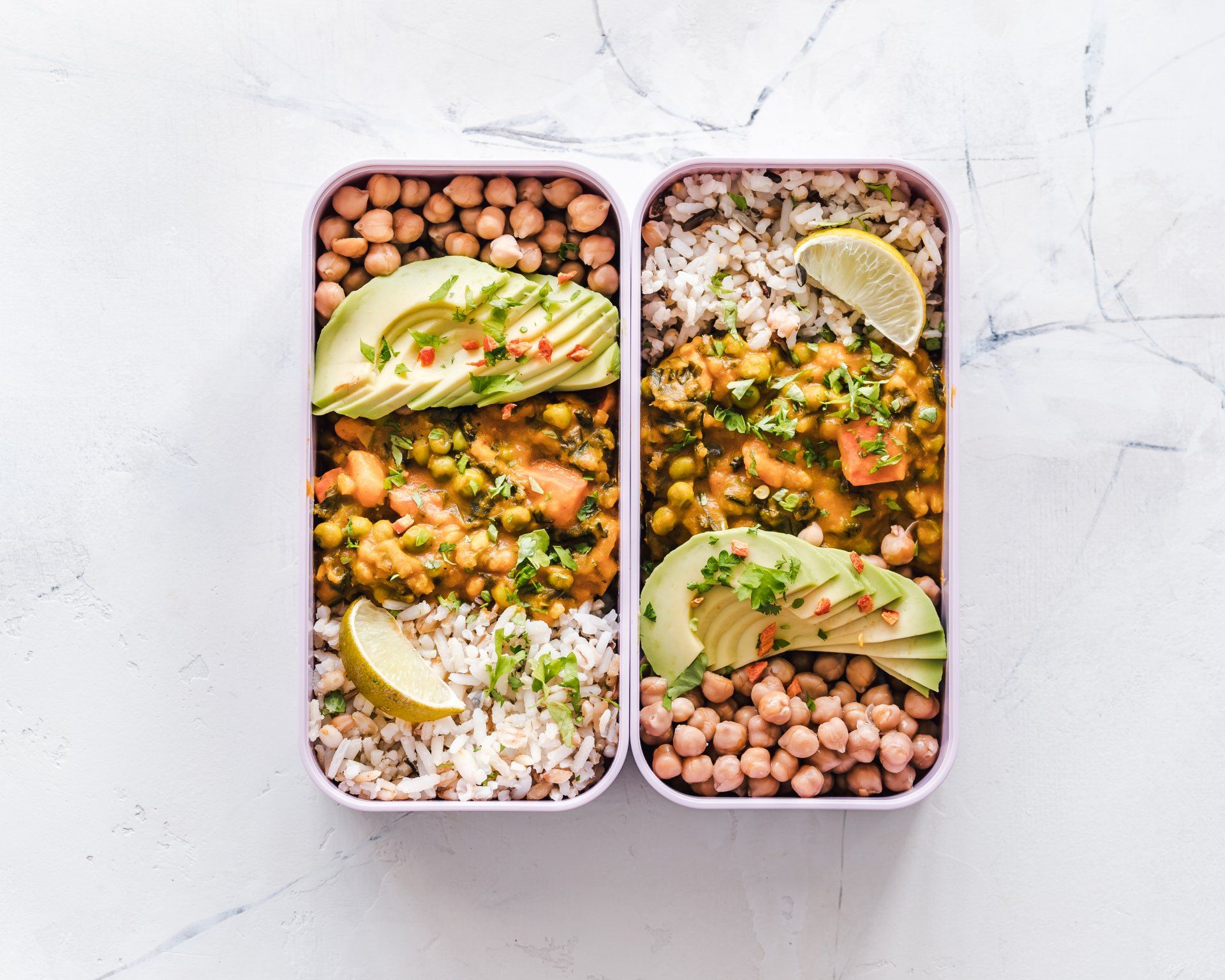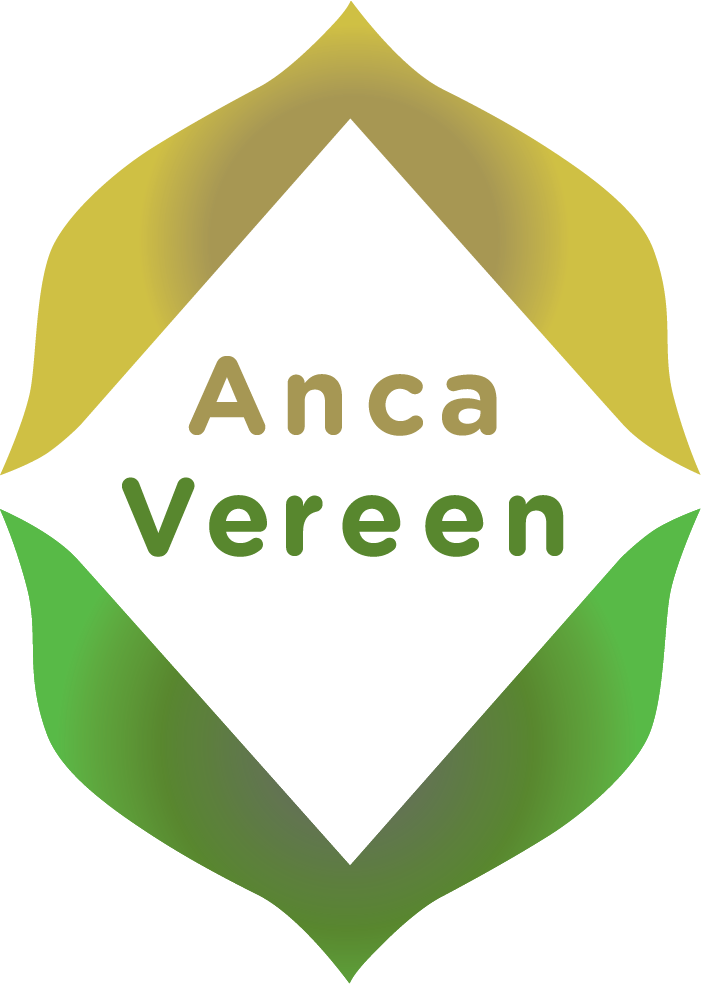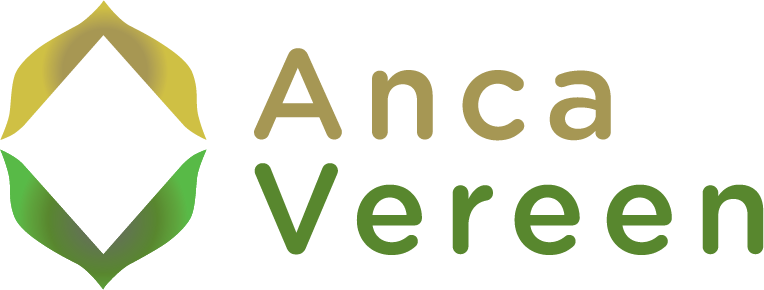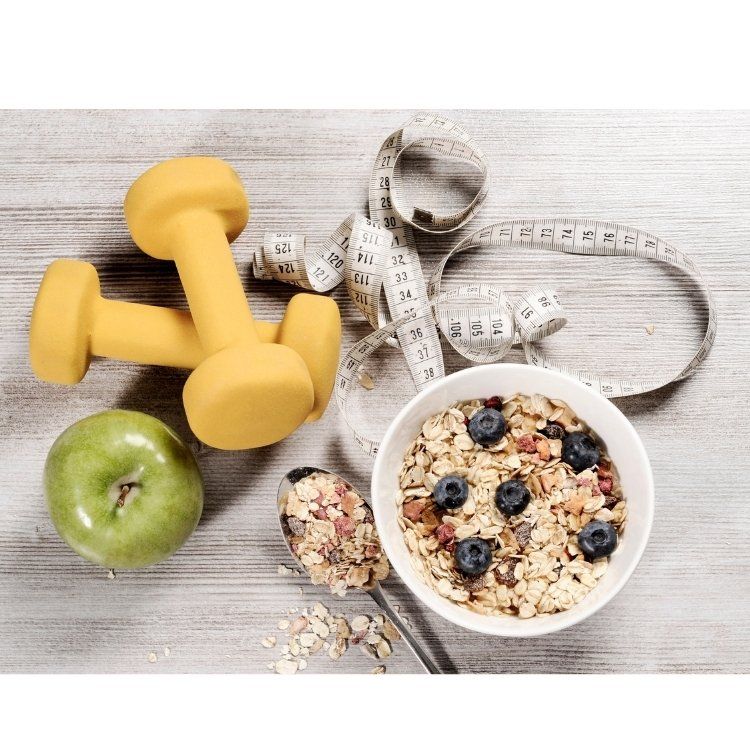How To Avoid Nutrient Deficiencies on a Vegan or Vegetarian Diet
How to avoid nutrient deficiencies on a vegan or vegetarian diet

Vegan & vegetarian diet carry many health benefits and traditionally they could sustain health and longevity. Unfortunately nowadays given loss of nutrients from soil, enhanced nutrient requirements due to stress and poor functioning guts where nutrient malabsorption is common this is no longer the case. It pains me to say this as a vegetarian myself but it is the truth. It is a lot more complicated lifestyle to maintain given numerous barriers... but it can be done.
For anyone considering a vegan or vegetarian lifestyle you must undergo blood tests every 6 months to screen for deficiencies and supplement accordingly. Within 4-6 weeks you can become deficient in many nutrients as such you should take this very seriously. It is best you work with an integrative dietitian that can advise how to make this transition and what supplements your must take.
For anyone interested in genetic testing this can provide great insight into what nutrients your body needs more of, allowing for a more targeted nutrition and supplemental strategy. This means greater health outcomes as you knowthe food you eat targets your specific requirements.
So let's go through some on the main nutrients that are of concern when following such diets.
1. Protein - This is important for every function in the body. From growth and repair of all body cells, formation of enzymes and hormones, normal functioning of muscles to nerve and immune protection.
Food sources : Legumes (eg. beans, lentils, chickpeas), soy foods (eg. tofu, tempeh, soy milk, soy yoghurt), eggs, nuts and seeds, dairy foods (eg milk, yoghurt and cheese), wholegrains (e.g. quinoa, amaranth, millet, teff).
TIP- include a protein source with every main meal
2. Iron - Important for oxygen transport around the body, energy production, thyroid function, hormonal regulation
Food sources : Legumes, tofu and tempeh, nuts, seeds, green leafy vegetables, eggs, dried fruit, wholegrains (eg. quinoa, amaranth grain, brown rice, rolled oats)
Tips to increase absorption:
• Consume foods high in vitamin C (eg. citrus, strawberries, kiwi fruit, tomatoes, capsicum) with every meal
• Avoid drinking tea and coffee with your meals (tannins in tea and coffee inhibit iron absorption)
• Avoid taking calcium supplements with your meals
3. Calcium- Important for strong bones and teeth, proper nerve and muscle function and blood clotting, healthy periods.
Food Sources : Dairy foods, oranges, almonds, brazil nuts, sesame seeds, unhulled tahini (sesame seed paste), amaranth grain, dried apricots, figs, soybeans, calcium set-tofu, asian greens, kale, collard greens, broccoli.
Tips to increase absorption:
• Ensure adequate vitamin D (see below)
• Limit salt intake – salt increases calcium excretion
• Limit caffeine intake – caffeine (in tea, coffee, cola and ‘high energy drinks) inhibits calcium absorption
• Phytic acid (in bran, legumes, nuts and seeds and raw vegetables) inhibits absorption. Activate nuts, soak legumes before cooking and ferment your grains are all great strategies to reduce phytic acid.
4.Vitamin D- Helps with calcium absorption into bones and is important for muscle contraction, brain and gut function, immune system, cancer prevention and weight loss. Regulates over 1000 different genes in the body and needs magnesium and zinc for activation.
Food Sources: Eggs, vitamin D mushrooms (put 100g of mushrooms in the sun for 1 hour to get 1000iu of vitamin D.
5. Zinc -Found in every part of your body and has a wide range of functions. It is important for growth and development, wound healing, healthy skin, brain and gut function and a strong immune system.
Food Sources: Legumes, whole grains (eg. quinoa, amaranth grain, brown rice wheatgerm, rolled oats), nuts, seeds, eggs, cheese, cow’s milk and soy products (eg. tofu, tempeh, soy milk, soy yoghurt),
Tips to increase absorption:
• Soak legumes before cooking or use canned legumes
• Consume sprouted beans, grains and seeds and bread that contains yeast
• Add lemon/lime to every meal
6. Vitamin B12 - Required for cell division, energy production, brain function, the formation of red blood cells and maintenance of the nervous system.
Food Sources: Dairy foods (eg. milk, yoghurt and cheese), eggs, B12-fortified foods (eg. some soy milk, meat analogues, veggie burgers).
A vitamin B12 supplement will be needed if these foods are not eaten regularly, especially for those following a vegan diet and if suffering from hypochloridia.
7. Iodine- Essential for human growth and development and production of thyroid hormones.
Food Sources: Dairy products, eggs, iodised salt, sea vegetables (nori, wakame, arame), kelp noodles. Please note that soils in Australia are particularly low in Iodine and most GP's don't test for deficiency.
Tips to increase absorption:
- eat sea vegetable 4+ times per week. Aim for 2 tbs per day. This can be in the form of dulse or nori flakes with salads, soups or stews.
8. Omega-3 -Plays a critical role in reducing inflammation, brain and skin function
Food Sources: Flaxseed oil, chia seed oil, hemp seeds, walnuts, soybeans, seaweed, tofu, eggs (omega-rich eggs are also available), chia seeds, flaxseeds/linseeds (stored in the fridge).
Tips to achieve optimal intake:
• Consume foods rich in omega-3 most days
If you need help transitioning to a vegan or vegetarian diet please contact Anca Vereen for a consultation. Anca Vereen is a vegetarian and a Melbourne integrative dietitian, nutritionist, psychotherapist, breathing coach and Nutrigenomics lecturer who specialises in vegan and vegetarian diets. For more details or to book and appointment please visit www.ancavereen.com.
To learn more pls visit https://www.healthline.com/nutrition/vegan-diet-guide




